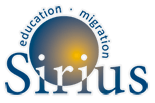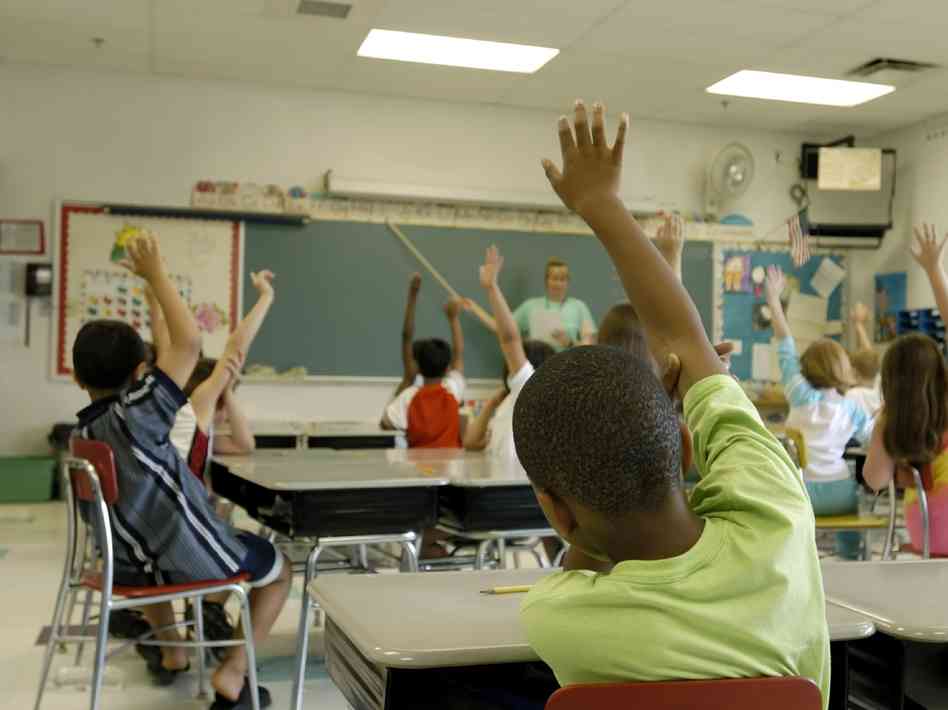TEACHERS MIGRANT BACKGROUND REPORT
This report describes the results of an activity with teachers from migrant and minority backgrounds. The intention was to elaborate on teacher competences in diverse classrooms. The report is intended to be a valuable source for teacher training institutes as well as professional development organizations from across Europe aiming to prepare teachers for diversity.
The following questions were raised and answered:
- 1. What does it mean to teach in diverse classrooms?
- 2. What works in diverse classrooms?
- 3. What are the areas of expertise needed in diverse classrooms?
- 4. How can teachers acquire this expertise?
- 5. How can we attract more teachers from migrant and minority backgrounds?
LANGUAGE SUPPORT FOR MIGRANT CHILDREN IN EARLY SCHOOL YEARS: MAPPING EUROPEAN POLICIES
The first part of this report gives an overview of the various studies, workshops and expert meetings that were organized within the SIRIUS framework with regard to language policies. However, an important question that was left unanswered, was: why are language policies the way they are? Why have some governments decided to support mother tongue instruction whereas most others have not? Several explanations have been offered – notably the financial aspect and the complications of organizing mother tongue and second language instruction for many different groups of migrant students – but there has not yet been a systematic survey on the reasoning behind the policies.
The second part of this report contains the results of the mapping exercise that was conducted among 12 SIRIUS member states. The survey was not meant to result in extensive analyses of the existing language policies, but to underpin the organization of two trilateral country meetings for policy makers, enabling them to exchange and question their different positions.
Part 3 provides a summary of the trilateral meetings. During these meetings, language policies were discussed from three different national perspectives. The first trilateral meeting was organized in Amsterdam, the Netherlands, with participants from the
Netherlands, Germany and Austria. The second meeting took place in Tallinn, Estonia, with participants from Estonia, Spain and Norway. Countries with divergent language policies were selected, to allow for a real exchange about the decision making behind the policies.


